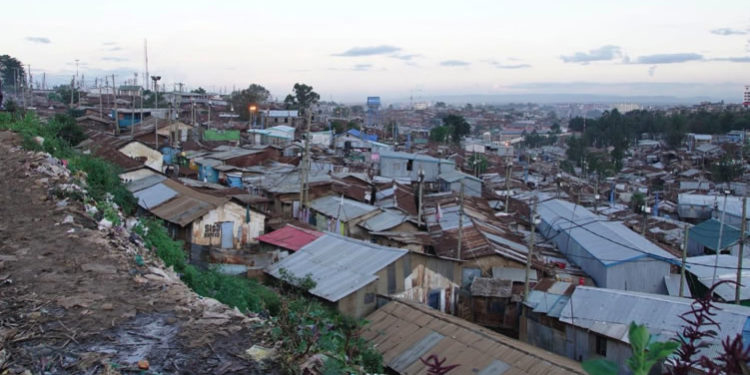Water does it cost you to get that glass/bottle of water in your hands? Ksh20 or Ksh50 or maybe Ksh100?
Well, while you part with a few coins to quench your thirst, there are women in Africa’s largest slum, Kibra, quenching men’s sexual thirst to get at least a can of water for their families.
This was revealed by BBC, which did a documentary on the acute water shortage in Kibra, which is a reflection of the situation in most parts of Nairobi and the country at large.
“The ones selling water at night are men. The moment they make sexual advances at you and you refuse you won’t get water,” says Mary, one of the victims interviewed by BBC.
Read: 5 Tips To Lower Your Living Costs
Mary recalls being attacked by one of the vendors at night, and subsequently being raped, while fetching water.
“They had already teared my clothes up, so before even the women who heard me screaming came, they had already done it,” she says.
The local administration admits that the vice exists, but does not keep track since most cases go unreported, making it hard to keep records.
“As a government, we acknowledge that there is sex for water going on in the village. Our partners whom we are working with have brought up this issue and the government in the past has been trying to help with the access of the villagers towards this commodity (water) (sic),” says Kibra Assistant Chief Asia Suleiman.
Worse still, when such incidences happen, the victims suffer stigmatization and condemnation, making it hard for them to report to the police or seek medical and psychological help.
Read: Why Nairobi Presents The Best Investment Opportunities – Report
“When all that happened, people took it like it was my mistake and kept asking why did I have to go and get water during that time,” adds Mary.
The police department, despite admitting that the vice is happening, says that most cases go unattended to since most cases go unreported.
“Given water is a critical resource within informal settlements, and a responsibility area of women mostly, and given that water supply is most times a resource under power of organised gangs made up of men, then it is possible and probable that women are sexually victimised to access this resource,” says Bruno Shioso, Kenya Police Spokesman.
To curb the vice, more women are being employed at waterpoints.
Here’s the full documentary by BBC:-
Read: Activists Publish List Of Ukrainian Civilians Abducted By Russian Forces















